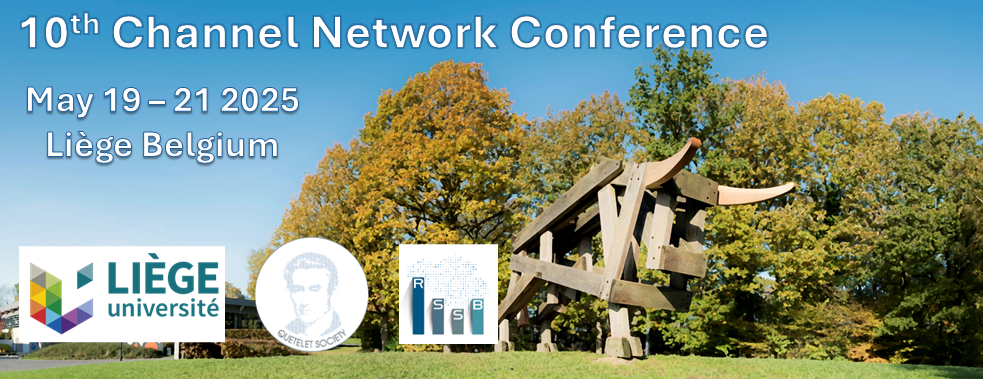
|
|
|
Short CoursesThe CNC traditionally starts with short courses. CNC25 has 3 exciting short courses with a wide span of methodologies and application domains. You can sign up for a short course when registering. Further registration information can be found here.
SHORT COURSE 1: Time-dependent effects and time-dependent covariates in survival analysis Hein Putter (Leiden University) The Cox model is the dominant model to quantify the effect of covariates on time-to-event outcomes. It operates under the proportional hazards assumption, which acknowledges the time-dependent behaviour of the hazard, but assumes that the ratio of two hazards for different values of the predictor is constant over time. We will discuss mechanisms that could cause violation of the proportional hazards assumption, leading to time-dependent effects of the predictor, and discuss ways of dealing with possible violations. Seemingly similar, but quite different, is the situation where the *value* of the predictor can change over time. We will discuss commonly made mistakes in this setting, like immortal time bias, and correct ways of dealing with this situation. The workshop will include illustrations in R, and opportunities for the participants to try out some of the proposed methods in R or another statistical package of their choice.
SHORT COURSE 2: Introduction to modern Generalised Additive Models in R Simon Wood is Chair of Computational Statistics in the School of Mathematics, University of Edinburgh. He is the author of "Generalized Additive Models: An Introduction with R" and the R package mgcv for generalized additive and other smooth regression models. Generalized Additive Models (GAMs) are an extension of traditional regression models, and have proved to be highly useful for both predictive and inferential purposes in a variety of scientific and commercial applications. One reason behind the popularity of GAMs is that they strike a balance between flexibility and interpretability, while being able to handle large data sets. This short course will provide an overview of GAM theory, methods and software, with plenty of course materials including exercises. The University of Edinburgh is a charitable body, registered in Scotland, with registration number SC005336. Is e buidheann carthannais a th’ ann an Oilthigh Dhùn Èideann, clàraichte an Alba, àireamh clàraidh SC005336.
SHORT COURSE 3: Modern Factorial Design of Experiments Peter Goos (KU Leuven, UAntwerpen, EFFEX) Design of experiments or DOE is a key tool for innovation in science, agriculture and all kinds of industries. This half-day course deals with 21st century approaches to factorial experiments (i.e., experiments studying the joint impact of multiple factors). The first part of the course is devoted to the flexible optimal experimental design approach, which computes tailor-made experimental plans on the fly, taking into account any logistical constraints, restrictions on the randomization and prior knowledge. The second part of the course deals with the cost-efficient definitive screening designs and orthogonal minimally aliased response surface designs, intended to study many input factors simultaneously with a limited number of tests. |

